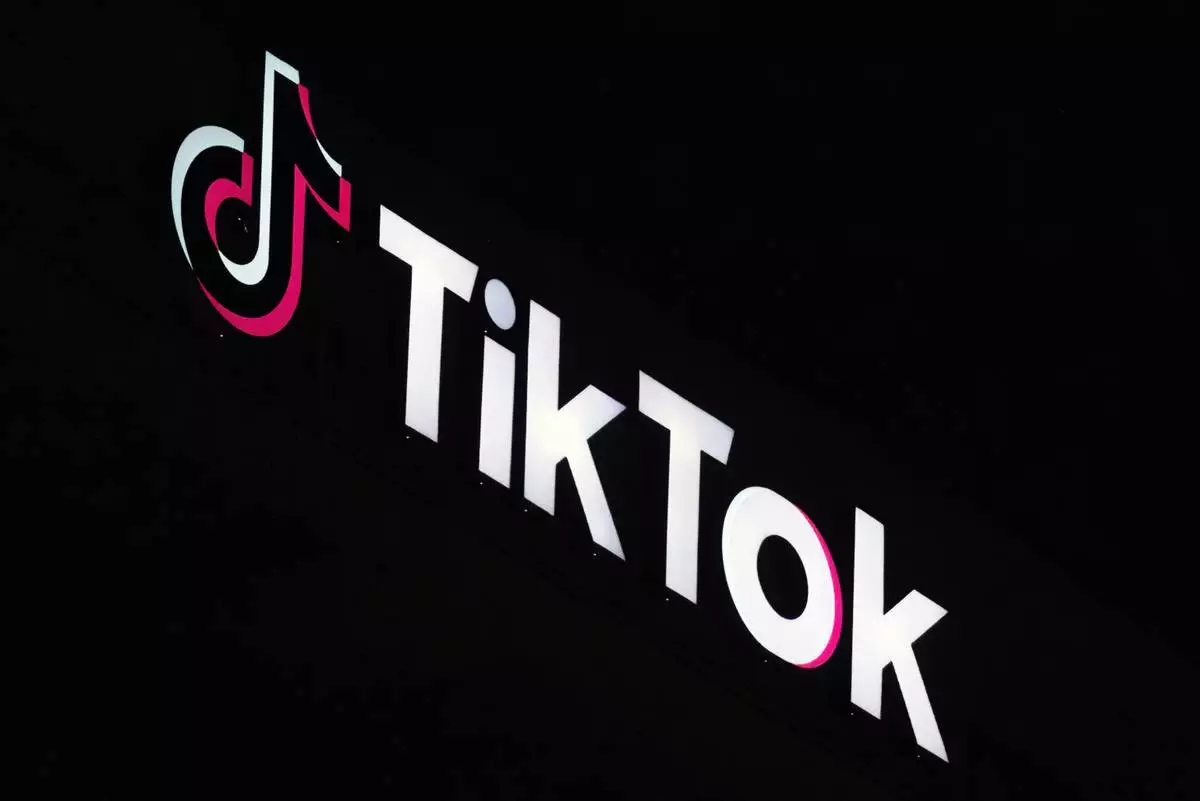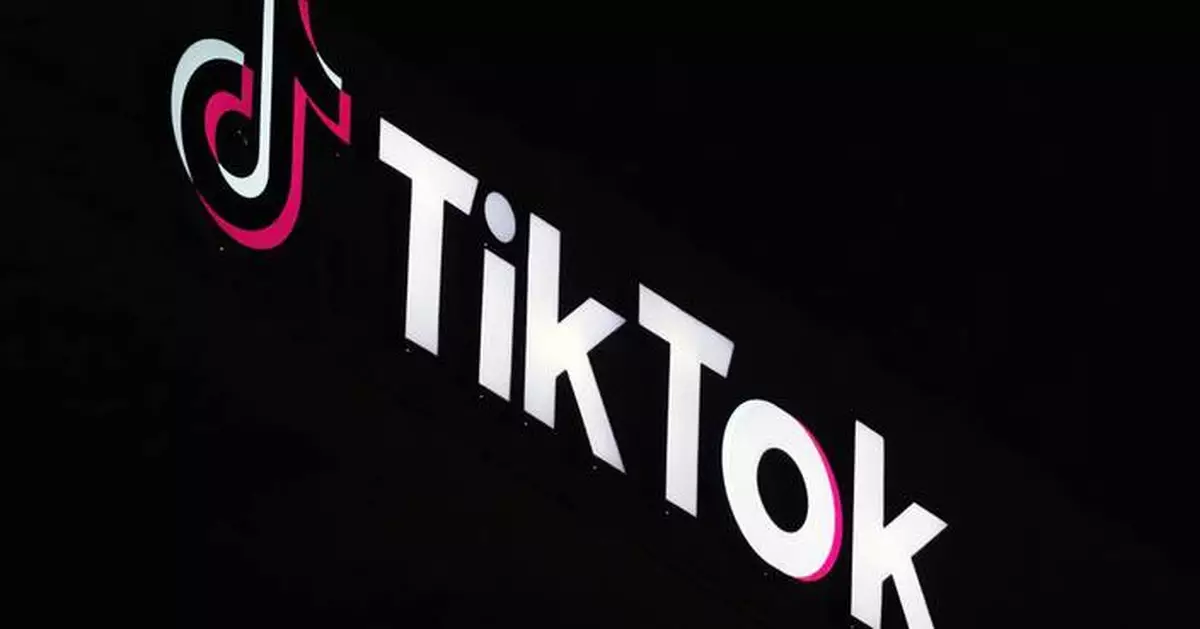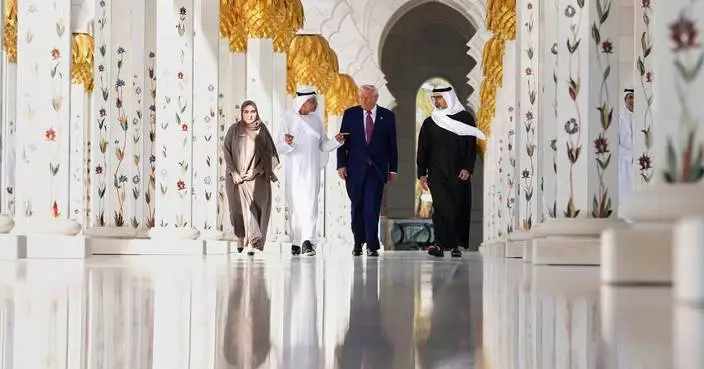A looming TikTok ban could affect the millions of small businesses that use the short-video social media app to help them grow their business.
Desiree Hill, owner of Crown’s Corner Mechanic in Conyers, Georgia, started her business solo as a mobile mechanic. Sharing videos of her work on TikTok helped spread the word and she became so popular she was able to open a 9,000 square foot brick and mortar shop with five employees 18 months ago.
“Every day I get at least two to three customers that have seen me on TikTok, watched my videos and wanted to become a customer,” she said.
Though TikTok has been around only since 2016, small business owners use the platform in a variety of ways, from growing a customer base to advertising and marketing, as well as selling goods directly from the site.
According to TikTok's own estimates, small businesses on TikTok would lose more than $1 billion in revenue in a single month if the ban goes into effect.
The Justice Department ordered the app's China-based parent company, ByteDance, to sell TikTok or face a U.S. ban by Jan. 19, citing security concerns. The Supreme Court will take up the matter in January. President-elect Donald Trump, who takes office Jan. 20, has asked the Supreme Court for a delay.
If a ban does occur, small businesses will have to migrate to other platforms to find their customers. Instagram Reels, SnapChat and YouTube Shorts are alternatives. The good news is brands likely already have a presence there. But it may be harder to reach teens that have made TikTok their preferred social media app.
Another alternative is to build a strong database of customers that opt in to providing contact emails or phone numbers. That lets owners reach out directly to customers with promotions and other marketing messages.
But Crown Corner Mechanic's Hill said she is worried that other sites may not have the reach that TikTok does. She has a presence on YouTube, Instagram and Facebook, but it's not the same, she said.
“I am worried because there is no preparation for this,” she said. “It holds such a significant place in regards to my customer base and how I reach customers that if I lose TikTok, I will lose a large part of my business or I will lose my ability to grow anymore.”
Crystal Lister is the owner of Mommy and Me: The Listers, in Cypress, Texas, which offers interactive workshops about STEM education. She's working on pivoting to YouTube for videos and Instagram Reels for teasers to direct people to YouTube, but said TikTok is easier.
“It is going to be a challenge if TikTok is banned because we’re losing kind of all the functionality you want — the ability for a video creation, the ability to spread the word via social media,” she said. “So we’ll have to use many other platforms to supplement what TikTok did in one.”

FILE - A TikTok sign is displayed on top of their building in Culver City, Calif., on Dec. 3, 2024. (AP Photo/Richard Vogel, File)






















































